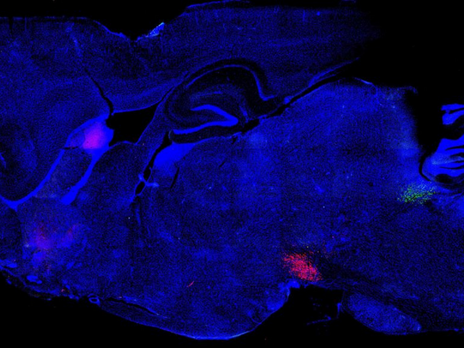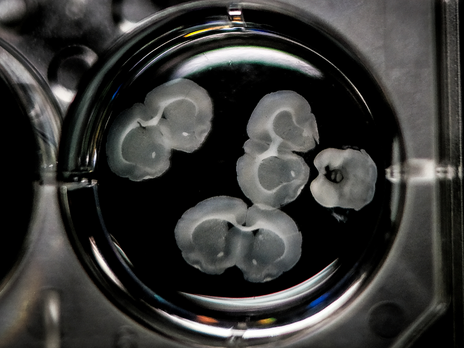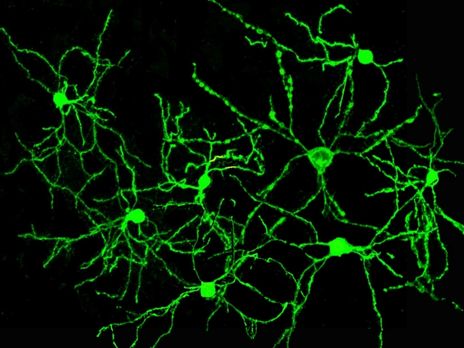
Brainstem orchestration of cue-reward associations
The brain constantly integrates new sensory information, and associates environmental cues to outcomes, adjusting behavior to maximize reward and minimize unpleasant consequences. This process is critical for survival, and its dysregulation is a hallmark of…














